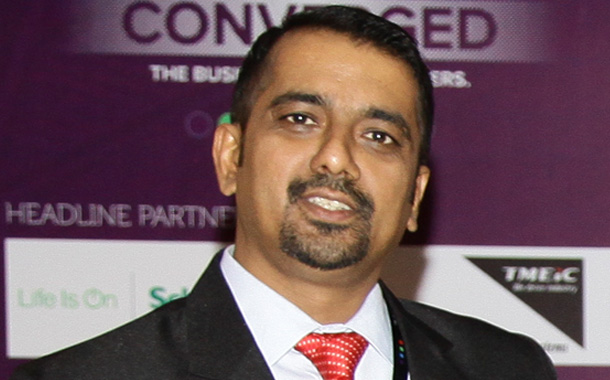The automation of data center management may be about far more than improving labor efficiency – in the era of data center skills shortage, it may be more about simply keeping the data center going. And the automation of data center management in itself can encompass a range of technologies from the primitive to the fully digitalized. Data from DCD research indicates a steady and even growth in the deployment of automation measures over the past 4 years.
Within the complex and risk-averse environment of a data center, the use of equipment to carry out IT processes is a given. The IT work of a data center has always been automated – processors in servers will carry out processing tasks, data will be transmitted in and out of (and within) the data center by networks and switches, and the health of the environment in which the IT equipment is housed will be monitored by sensors. With the possible exception of the last activity, none of these activities has even been undertaken by humans since the principle of computing is of machine-based activity.
While the IT foundation of a data center is by definition machine-based, the management of data center environments is a different matter. It has remained largely a human-based set of activities as specific job roles based on data center management have evolved to make decisions. These have relied on data from BMS [building management systems], information sources connected to particular equipment such as cooling, power distribution and power protection provided by the vendor, and more holistic DCIM [datacenter infrastructure management] software that collects information from both the infrastructure and IT equipment in the data center.
Those companies who have deployed automation are also those which collect sufficient data on the operation of their data center to enable it. Some processes are already fully automated such as the switching to back-up power when grid or primary power sources fail. This need to be done faster than humans would manage and a couple of major outages recently indicate the consequences when this does not happen.
With the wealth of data available from data centers and the drive that provides towards automation, why do humans continue to be involved in data center management? The reason is fairly simple – humans ‘bookend’ the data collection process, they set up and/or program the data collection systems and interpret the data it returns into decisions that may need to be taken. Data centers increasingly are required to fulfill a range of sometimes contradictory requirements – almost continuous availability, scalability, efficiency, compliance, contractual undertakings – and across a range of physical and virtualized environments.
The potential for automating data center management is now increasing as the twin tools of digitalization – IoT and analytics – add the potential for increasing the responsibilities that machines can take in management. Establishing an IoT within the data center through a series of sensors and endpoints and using analytics to process the data generated brings the automation process closer to making a greater range of decisions and closer to a human understanding of the data center. This is the process being followed by major cloud providers as they work on a business model of high efficiency, cost minimization, and cloud services scalable to demand.
Why would a company consider automation? A number of reasons are given including a greater efficiency of operation and lower operational and wage costs and lower risk – since most disruption in data centers is caused directly by humans. It is also a logical requirement of software-defined infrastructure within a data center which in turn enables a more automatic process of enabling hybrid cloud. These create a more efficient data center although it should be noted that the skill sets required to achieve this are those in considerable demand as data centers increase the level of digitization and automation and many companies will rely on third parties to help them through this process.
By: Navin Andrade, General Manager – India, DatacenterDynamics




